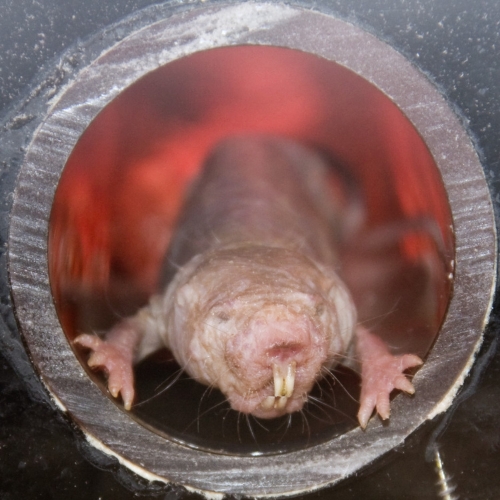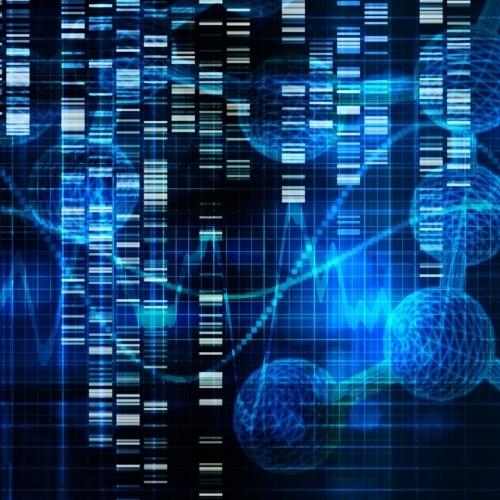Key points from article :
Some species live longer & the key (to longevity) must be in their genome" -Stephen Treaster, Boston Children's Hospital.
Treaster has tissue samples from a range of rockfish.
He has sequenced & analysed 24 of the shortest and longest-lived for a “genomic signature for longevity.”
The next step is to validate these genes in conventional lab models for effect life span & health span.
“If we want to understand longevity, we need to study organisms that live long,” - Glenn Gerhard, Temple University.
“Centenarian Species Genomes Project” will sequence the genome of species that live 100 years.
Species like the American lobster (100 year maximum longevity) and ocean quahog clam (500 year) will be analysed.
This will identify shared genomic characteristics that enable them to live to 100 years of more.
Once a gene associated with longevity, the next step would be to test if the gene extends the life span of mice.





